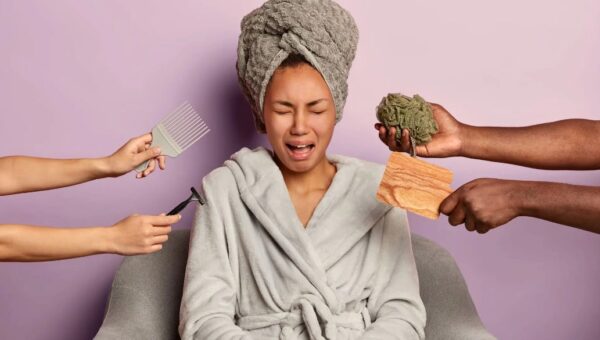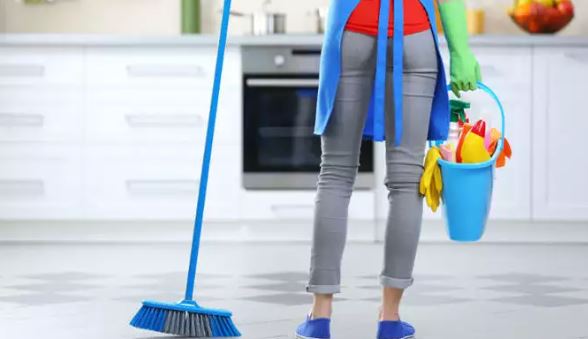Lifestyle
Harvard doctor reveals 3 TOXIC items present in homes, two are in the kitchen

Dr. Saurabh Sethi, a gastroenterologist with degrees from Harvard and Stanford, in a recent Instagram video, revealed the three shocking everyday items that may be toxic.
Household items considered toxic are the following:
1. Scented candles: Who doesn’t love a great candle to set the mood? Flickering flame and peaceful aroma can turn any place into a coziness haven. Wait! Before you light up the scented candle, do you know what might be floating around in the air? Yes, scented candles are a popular choice in producing a pleasant atmosphere at home. However, Dr Sethi says that most of these candles are made from phthalates, which can change the level of hormones. This may cause several problems in the long run, particularly for the reproductive system. He, therefore, advises going for unscented candles made from natural materials such as soy and beeswax. These are not only safer but also a cleaner burn and less harmful to the environment.
Kitchen is the heart of the home
2. Plastic cutting boards: Chop chop! Plastic cutting boards are widely used due to their affordability and ease of cleaning. However, repeated use can cause these boards to release microplastics, tiny particles that can contaminate food and potentially enter the human body, leading to long-term health problems. Dr. Sethi suggests switching to wooden or glass cutting boards instead. While wooden boards are non-toxic and do not release harmful substances, they require careful maintenance, exposure to moisture can cause them to warp or crack, which may trap bacteria. Glass boards are hygienic and easy to clean but can dull knives quickly, making them less practical for everyday use.
3. Scratched non-stick pans: We all have at least on such non-stick pan in our kitchen that has not just one or two but many scratches on it. Although non-stick cookware is convenient but can become dangerous when scratched or chipped. These scratched pans may release per- and poly-fluoroalkyl substances (PFAs), which have been linked to reproductive health issues. Dr. Sethi advises replacing worn-out non-stick pans with safer options like stainless steel or cast iron cookware. These materials do not leach harmful chemicals into food and are more durable in the long run.
Make your home safer by replacing these toxic items with healthier options. After all, a few simple changes can lead to a happier and healthier home.










